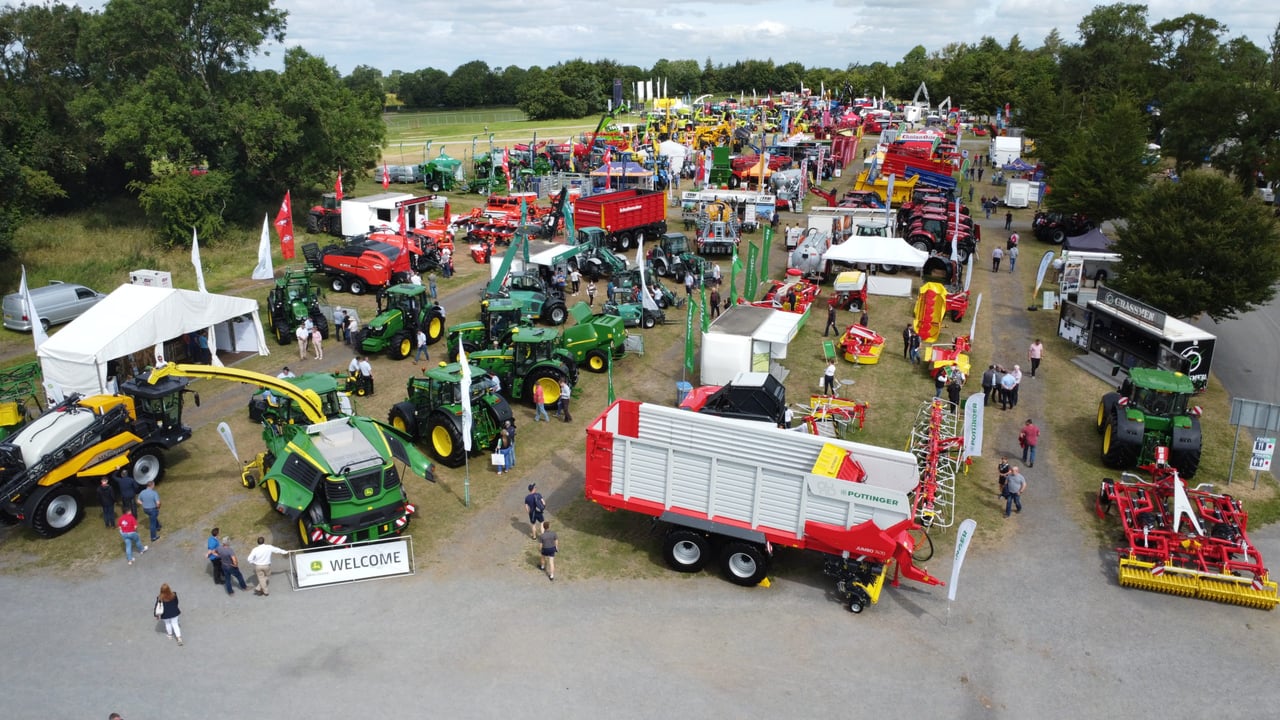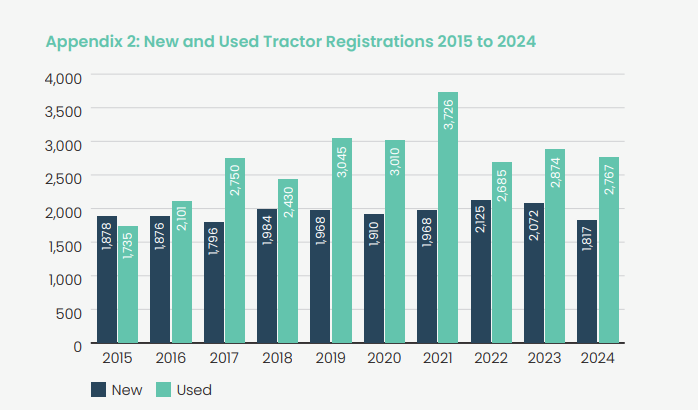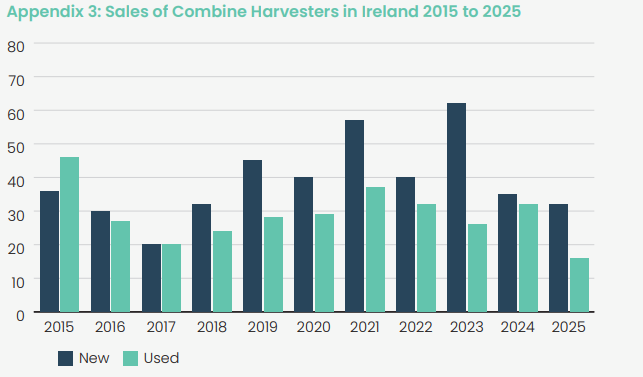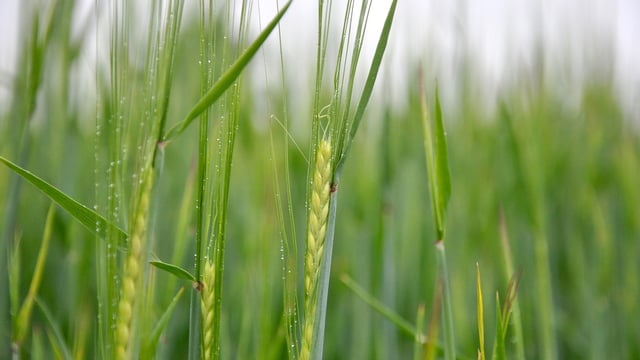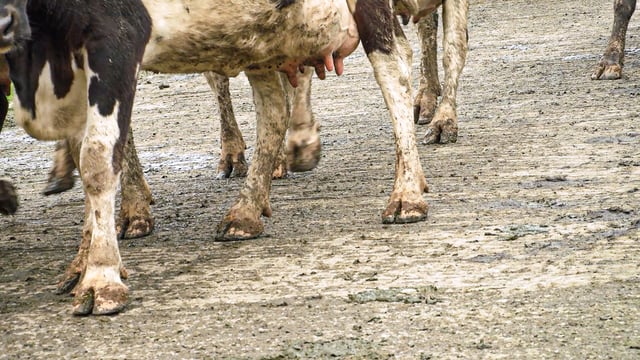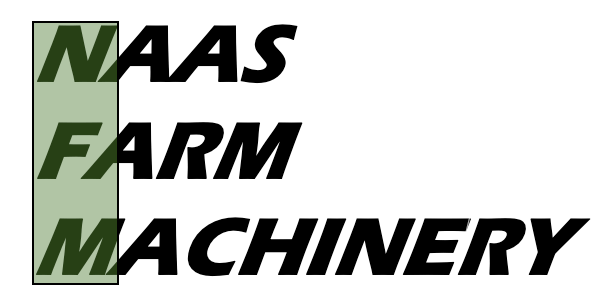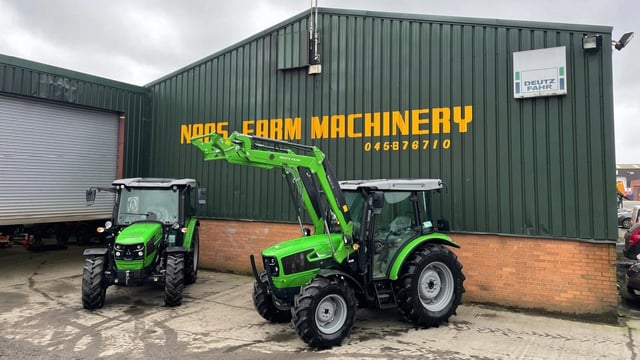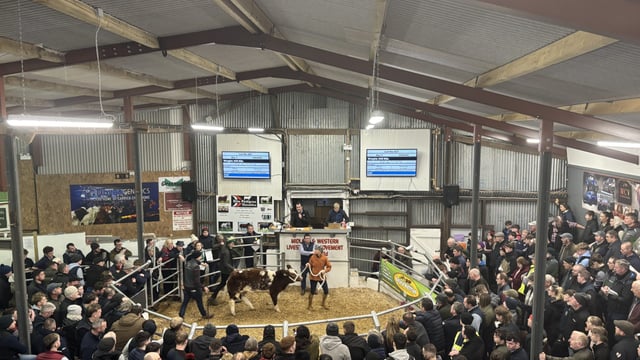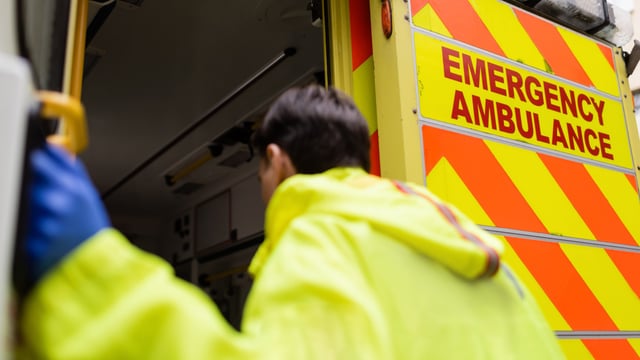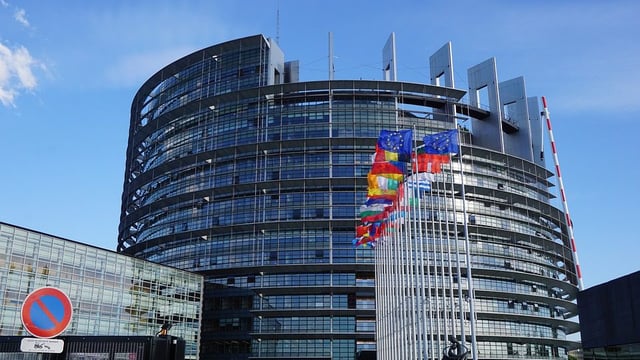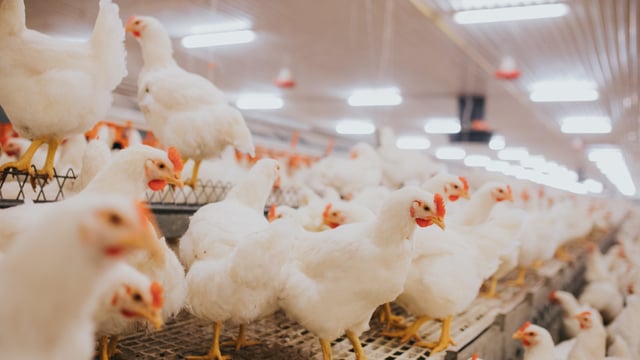Economic report: Irish farm machinery industry worth almost €5bn
The Farm Tractor and Machinery Trade Association (FTMTA), in partnership with ifac, has today (Wednesday, Novmeber 26) released the first-ever Economic Report on the Value of the Farm Machinery Industry in Ireland.
The report reveals that the sector is worth almost €5 billion (€4.8 billion) annually to the Irish economy and sustains just under 25,000 jobs nationwide.
To put this into context, international tourism brought in €6.2 billion in 2024 according to the Irish Tourism Industry Confederation (ITIC).
The study highlights the industry’s strategic importance to rural Ireland, climate action and national competitiveness.
Key findings about farm machinery industry
Total economic impact: €4.8 billion after applying national multipliers – every €1 of output generates an additional €0.85 in the economy.
Direct annual output: €2.6 billion (new and second-hand machinery sales, components, parts, servicing, exports).
Exchequer: Estimate that in total the direct farm machinery sector contributes almost a quarter of a billion euro each year in taxes alone.
Employment: 14,926 direct jobs plus 9,703 indirect/induced – a total of 24,629 jobs.
Exports: Irish firms are supplying over 60 countries including Europe, the US, and Australia.
The report states that rising accommodation costs are making it harder to attract and retain skilled labour - linking the industry’s future to Ireland’s wider housing and workforce challenges.
Investment: 67% of businesses plan to invest in the next 12 months, with 53% of those projects over €300,000 - mostly in new premises, equipment, technology and staff training.
Grant uptake: 94% of businesses fund investment without grant aid, despite awareness of available supports - which the FTMTA has said signals a need for reform.
Export focus
The report highlights companies involved across the whole sector, from cutting-edge manufacturing, to sales, servicing and all throughout the value chain.
These success stories prove that Ireland’s farm machinery sector is a world-class indigenous manufacturing industry - exporting globally, investing in AI (artificial intelligence) and automation and providing high-quality, professional jobs.
The report underlines how the industry has transformed in recent years through:
- Precision farming tools: GPS, yield mapping, auto-steering, variable-rate fertiliser spreading;
- Low-Emission Slurry Spreading (LESS): Now adopted by over 60% of dairy and livestock farms, cutting ammonia emissions by up to 60%;
- AI in design and diagnostics: Companies are already embedding AI into product design, predictive maintenance and internal systems;
- High-tech careers: Jobs range from head of IT infrastructure and design engineers to procurement and financial managers.
However, skills shortages remain a key constraint according to the research.
Many firms report difficulty recruiting welders and technicians, with some turning to Southeast Asia.
Rising accommodation costs are making it harder to attract and retain skilled labour - linking the industry’s future to Ireland’s wider housing and workforce challenges.
Outlook
The FTMTA report calls for a strong partnership between industry and the government to ensure that Ireland’s farm machinery sector can reach its full potential as a high-value and innovative part of the economy.
To achieve this, the FTMTA is asking the government to focus on three key areas.
- Recognition and engagement
The FTMTA has said that the farm machinery industry needs to be officially recognised as a strategic enterprise and manufacturing sector within the Department of Enterprise, Trade and Employment.
It said that greater engagement between policymakers and FTMTA would ensure that future policies reflect the industry’s unique mix of manufacturing, distribution, technology and service activity across rural Ireland.
- Support for promotion of the industry
According to the association, the government and industry need to work together to communicate the scale, professionalism and innovation of the farm machinery sector - showcasing it as a high-tech, export-driven industry that offers long-term careers and regional prosperity.
- Training and development of young people
The FTMTA is calling for expanded apprenticeships, engineering and agri-tech programmes, alongside coordinated efforts between industry, the government and education providers to attract young people into technical, commercial and professional roles.
President of FTMTA, Maurice Kelly said: “Our industry is ready for growth, but achieving it will require partnership.
"We need recognition at enterprise level, support to promote the opportunities this sector offers, and investment in training the next generation who will design, build and service the technologies driving Irish agriculture forward.”
Chief executive of FTMTA, Michael Farrelly added: “Ireland has a world-class, homegrown manufacturing industry that is worth almost €5 billion, employs more than 25,000 people, and exports machinery from Carlow to California.
"At a time when reliance on foreign direct investment is being questioned, this report proves that the farm machinery industry is a secure, indigenous success story powering rural communities and Ireland’s low-carbon future.”
Report
The report was prepared by ifac using a combination of primary research including a national survey of 77 FTMTA members (46%) and a review and analysis of published official data from sources the Central Statistics Office (CSO), Eurostat and the European Commission.
According to ifac, this is the first definitive economic assessment of the Irish farm machinery sector which captures the sector’s value as an indigenous, export-led, technology-driven industry supporting Ireland’s economy and employment in rural Ireland.

